 COVID-19 will not stop the migration of people to cities. Marta Foresti (ODI/LSE) explains how mayors in Africa and Europe are collaborating to improve the lives of their residents and make their cities more welcoming.
COVID-19 will not stop the migration of people to cities. Marta Foresti (ODI/LSE) explains how mayors in Africa and Europe are collaborating to improve the lives of their residents and make their cities more welcoming.
By 2050, seven billion people will live in cities – two thirds of the world’s population. Cities offer concrete benefits to residents, such as higher income, high-density economic activities, access to services and jobs, as well as infrastructure. So it is not surprising that today most migrants live in them: 20% of foreign-born populations live in the world major’s cities. People will continue to move to and between cities, and mayors are increasingly determined to manage this movement and seize the opportunities it offers.
Two visionary mayors, Yvonne Aki Sawyerr from Freetown, Sierra Leone and Giuseppe Sala from Milan in Italy, discussed their shared interest in making their cities places of opportunity, where young people can thrive, mobility is a choice and newcomers can find a home. They decided to take action and reached out to other mayors to develop the ‘Mayors’ Dialogue on Growth and Solidarity’, which is is a city-led initiative delivering practical solutions for human mobility in African and European cities.
Approximately 20 cities across Africa and Europe are now participating in the Dialogue, with more joining in the coming months. They pool their efforts and resources to collaborate in key sectors of urban development, including skills for green economies, housing and other urban services and inclusive local governance.
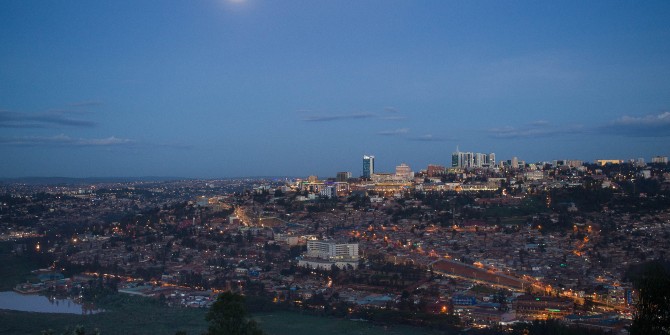
Despite the limitations imposed by the COVID-19 pandemic, the cities have been working together to develop and test their partnerships. Milan and Freetown are working together to open up export markets for women entrepreneurs in Sierra Leone in the fashion and textiles industry, while providing an opportunity for the Milan fashion industry to explore the West African market, and investigate sustainable dyes, textiles, and ethical sourcing options in Sierra Leone. Others are collaborating on housing finance options for cities and on exploring new approaches for managing and upgrading informal settlements. The mayors will meet in early 2021 in Milan, and will write a letter of commitment to all residents with concrete actions and proposals, to ensure accountability and delivery.
This Dialogue could not be more urgent. COVID-19 has hit cities hard and mayors have been proactive from the early days, sharing lessons, supporting each other and implementing new ideas. This bond will be key to help deal with the economic impacts of the pandemic, which will have profound effects across Europe and Africa. Next spring, the African Union and the EU will come together for a much-anticipated (and like all else, delayed) High Level Summit that will determine the future relationship between the two continents.
It is no secret that migration remains a highly contentious issue in Africa/Europe relations. The EU struggles to find common grounds among its members states, especially when it comes to addressing the challenges of irregular channels of migration and the need to expand legal pathways. African states, on the other hand, are keen to see opportunities for visas and other mechanisms to facilitate trade and a more equal partnership with European counterparts. There is a risk of gridlock ahead of the summit, which may compromise its outcome.
But cities can help broker solutions and find practical ways forward to forge a stronger and more equitable partnership between Africa and Europe. Although national policies impose limits on migration and border control, including barriers to employment for refugees and other migrants, local administrations have developed practical approaches to migrant economic and social integration, to facilitate access and contribution to the delivery of basic services, as well securing residency rights. Cities are also working to adapt urban transport and infrastructure to ensure sustainability while the resident population continues to grow.
Cities coming together to work towards common goals is also a reminder that, more than ever, we need more and better forms of global cooperation. With nationalism thriving in different parts of the world and limited appetite by states to cooperate through existing multilateral channels, it is reassuring to see local leaders stepping up to the challenge and creating new, agile and effective partnerships.
Importantly, the Dialogue focuses on all the forms of human mobility that cities experience, including internal migration to cities, regional mobility within the two continents, and movements between them. Human mobility includes voluntary migration as well as forced displacement, whether via legal pathways or through irregular channels. It also incorporates all types of mobile populations. By adopting a comprehensive approach, the Dialogue intentionally takes a step back from the oversimplified dichotomies that characterise migration and displacement debates, instead focusing on how African and European city leaders can address the opportunities and challenges they have in common.
This really matters to address the way we talk about the movement of people: much has been said about the need to shift the narrative on migration and to rebalance its negative connotations, which are nowhere as divisive as in the context of European-African relations. The Dialogue mayors are demonstrating how changing the narrative requires changing practices first – understanding the differences but also everything that urban residents have in common. Cities are places of diversity, tolerance and solidarity, where people have learned over the centuries to live with and learn from others. Shifting the narrative means moving away from a divisive ‘us’ and ‘them’ vocabulary, where the migrant is someone else, not me or you. It is about all of us.
Mayor Yvonne Aki-Sawyerr, Mayor Guiseppe Sala and Marta Foresti were among the speakers at an LSE event on 9 October 2020. You can watch it here.
This post represents the views of the author and not those of the COVID-19 blog, nor LSE.


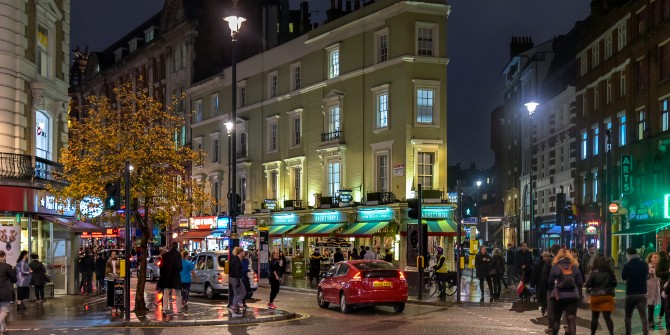
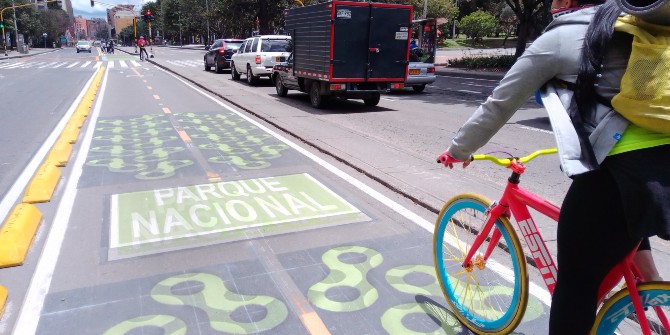
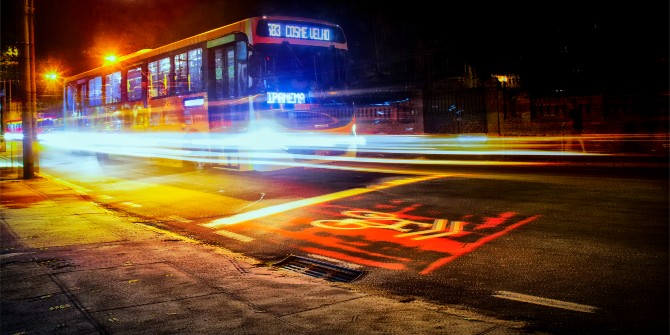
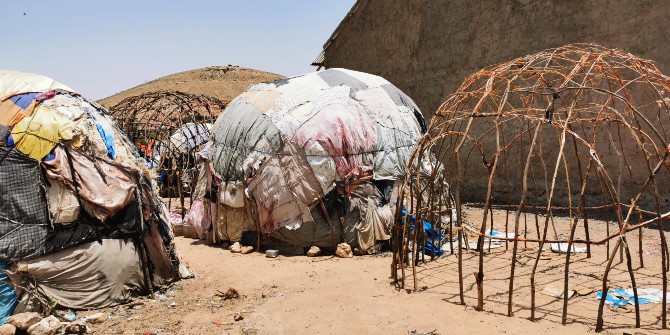
1 Comments